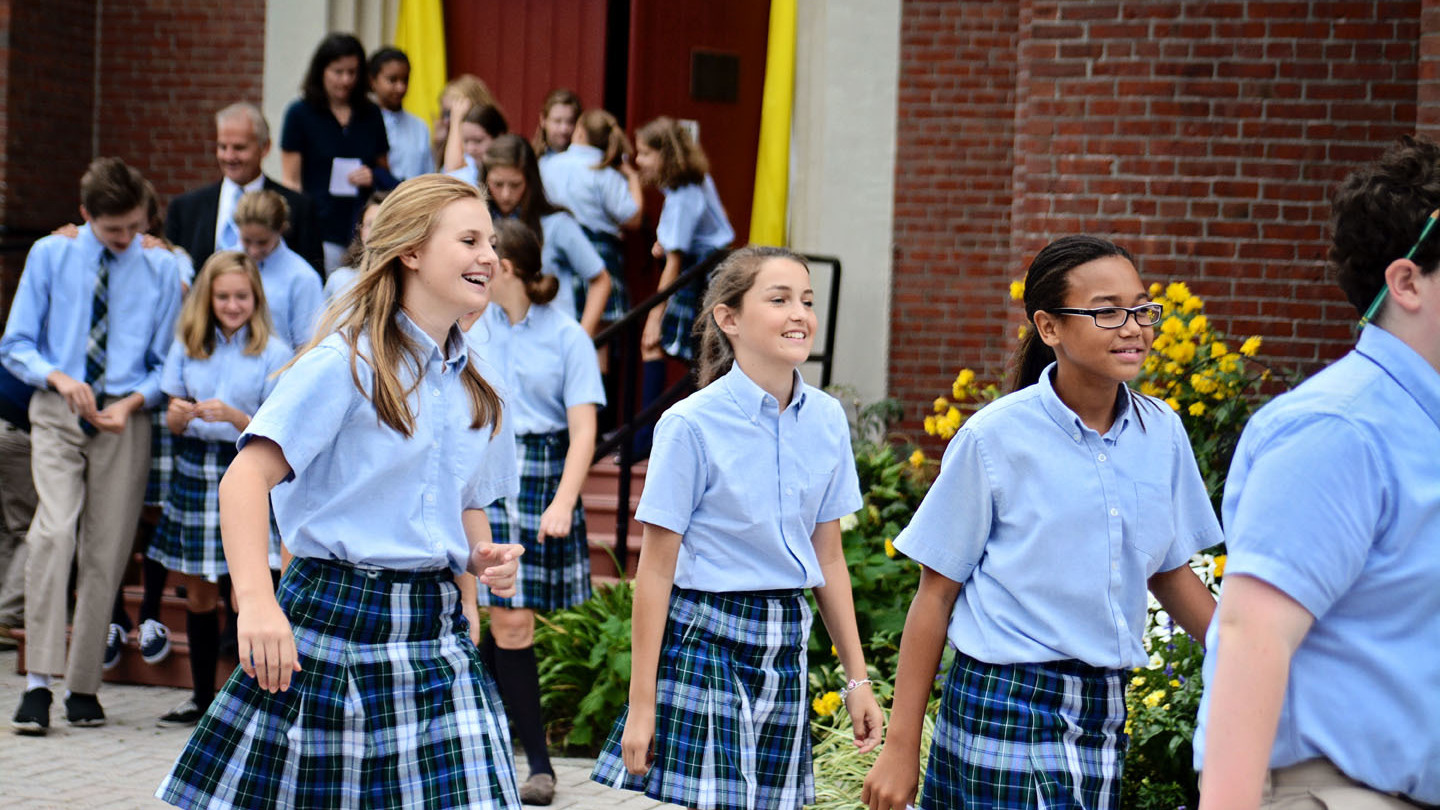By: WND – thedailyreformer.com – July 8, 2020
Two employment discrimination cases brought by teachers dismissed from their jobs in Catholic schools are not subject to court adjudication because of the First Amendment’s religious protections, the Supreme Court decided on Wednesday.
“The independence of religious institutions in matters of ‘faith and doctrine’ is closely linked to independence in what the court has termed ‘matters of church government,’” the 7-2 opinion explained.
The cases were brought by two teachers, Agnes Morrissey-Berru and Kristen Biel. They taught at Our Lady of Guadalupe School and St. James School, respectively.
They were obliged to “promote a Catholic School faith community,” and taught religion to students.
But they sued when they were removed from their jobs.
The court ruled the First Amendment “forecloses” their claims.
John Bursch, of the Alliance Defending Freedom, explained, “As the Supreme Court has made clear in the past and has now made clear again, the First Amendment bars the government from interfering with a religious group’s employment decisions regarding its ministers. The court’s decision today clears up disagreements in the lower courts about the right way to define ‘minister,’ concluding that any definition should be primarily based on the religious functions an employee is asked to perform as defined by those qualified to make that judgment: the religious groups who know their faith best.”
He continued, “In so doing, the court has respected the autonomy of faith-based schools and prevented the government from interfering with the internal operations and autonomy of religious organizations. In other words, the court has ruled in accordance with one of the primary purposes of the First Amendment.”
Justice Samuel Alito wrote “educating young people in their faith, inculcating its teachings, and training them to live their faith are responsibilities that lie at the very core of the mission.”
“Religious schools play an integral role in passing the faith to the next generation of believers,” said Adrian Alarcon, spokesperson for the Archdiocese of Los Angeles Catholic Schools. “We are grateful that the Supreme Court recognized faith groups must be free to make their own decisions about who should be entrusted with these essential duties.”
The teachers had been removed over “poor performance,” according to Becket.
“Today is a huge win for religious schools of all faith traditions,” said Eric Rassbach, vice president and senior counsel at Becket, who argued the case to the court. “The last thing government officials should do is decide who is authorized to teach Catholicism to Catholics or Judaism to Jews. We are glad the court has resoundingly reaffirmed that churches and synagogues, not government, control who teaches kids about God.”
Family Research Council President Tony Perkins said, “We are pleased that the Supreme Court has decided to uphold First Amendment free exercise of religion in this case. The ability to curate who provides religious instruction is fundamental to the free exercise of any religiously-informed institution.”
“We applaud the Supreme Court for recognizing that the Constitution bars the government from interfering in the independent employment decisions of religious organizations,” said Kelly Shackelford, President, of First Liberty Institute. “There should no longer be any doubt that religious schools and institutions have the right to freely choose who will preach their religious message, teach their religious doctrine, and lead our future generations according to their religious tradition.”
Alito found: “The First Amendment protects the right of religious institutions ‘to decide for themselves, free from state interference, matters of church government as well as those of faith and doctrine.’ The religious education and formation of students is the very reason for the existence of most private religious schools, and therefore the selection and supervision of the teachers upon whom the schools rely to do this work lie at the core of their mission. Judicial review of the way in which religious schools discharge those responsibilities would undermine the independence of religious institutions in a way that the First Amendment does not tolerate.”
The Supreme Court ruled in the 2011 Hosanna-Tabor case that a Lutheran school had the right to choose who will teach its faith precepts to students.
However, the much-overturned 9th U.S. Circuit Court of Appeals ruled in 2012 contrary to the Supreme Court precedent.
The court’s opinion recognized that both teachers who sued “performed vital religious duties, such as educating their students in the Catholic faith and guiding their students to live their lives in accordance with that faith.”
Justices Sonia Sotomayor and Ruth Ginsburg charged in their dissent that the employees were fired “allegedly because one had breast cancer and the other was elderly.”
They complained that the schools treated the teachers as “ministers” even though they “taught primarily secular subjects, lacked substantial religious titles and training, and were not even required to be Catholic.”
“Although certain religious functions may be important to a church, a person’s performance of some of those functions does not mechanically trigger a categorical exemption from generally applicable antidiscrimination laws,” they wrote.
They warned of the possibility of “abuse” in the system.
To see this article and others from The Daily Reformer, click read more.
Source: Supremes: Religious schools can pick their own teachers | The Daily Reformer
 Listen Online
Listen Online Watch Online
Watch Online Find a Station in Your Area
Find a Station in Your Area









 Listen Now
Listen Now Watch Online
Watch Online
